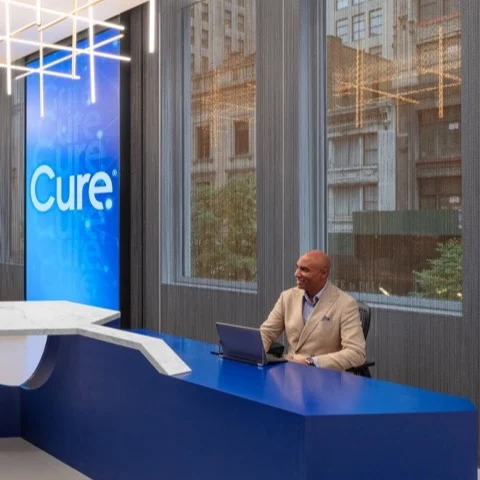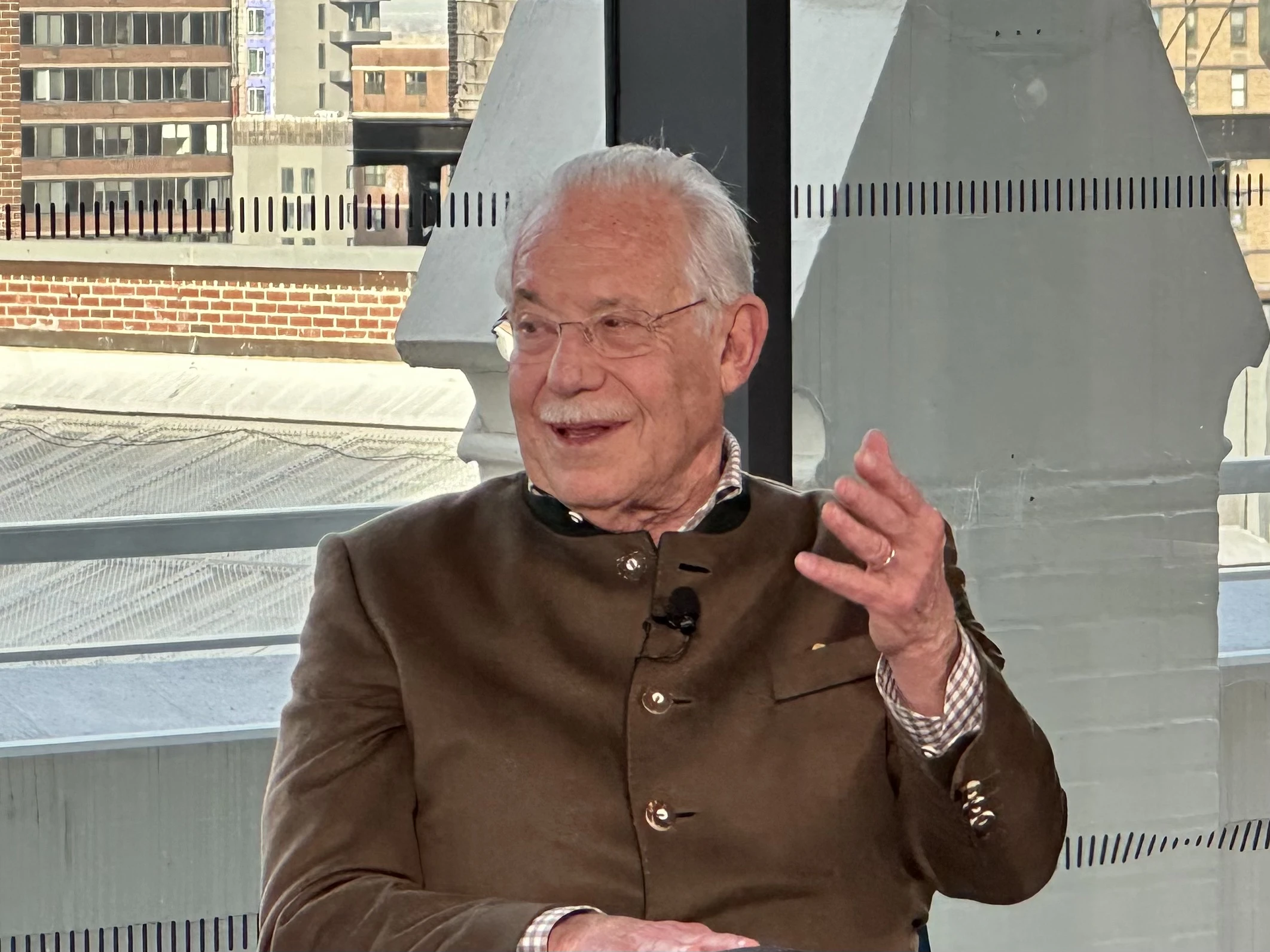How do you make preventing illness as rewarding as delivery acute care for providers? Incentives radical, transformative changes. That’s the thinking behind the launch of HEROES (HEalth care Rewards to Achieve Improved OutcomES), one of new 2024 programs of ARPA-H, the U.S. government’s multibillion-dollar agency charged with accelerating better, and more equitable, health outcomes for all Americans.
HEROES is first focusing on four health challenges, inviting solutions that reduce adverse events involving cardiovascular disease and risks, alcohol-related harms, opioid overdoses, and severe complications during pregnancy or birth within target populations, all aimed at helping reduce inequities in healthcare. Disparities in preventive care between low-income and rural populations versus higher-income and urban populations magnify these health challenges.
“One of the things we’re so proud of here in the United States is our incredible investment in research and development in all kinds of areas related to healthcare,” said Darshak Sanghavi, MD, program manager for HEROES. “Yet what we find is that those results — those technological breakthroughs, those incredible advances — don’t always get to everybody who needs them.”
One reason for inequities, in particular for preventive medicine, is the incentive structure. “Our clinicians, our physicians, nurses, social workers, are trying to do the right thing,” said Sanghavi. Yet incentives like getting paid per procedure can guide or change behavior, so the thought behind HEROES is to change the incentives in a fundamental way that creates a new market.
For example, he noted that maternal mortality in the United States is two to three times the rates in other high-income countries and maternal health is very inequitable.
“Think about all the things that have to go right,” he said. “You have to have the right kind of insurance, and then that insurance has to work with the right hospital, and you have to go to the right doctors.”
The HEROES program approaches maternal health differently in two ways. The first is to have somebody “own” the outcomes for an entire geography, rather than grouping people as members of an insurance plan, for example.
Second, is measuring the rates of serious obstetrical complications in that geographic area and create a prepayment, essentially a business case — a model and incentive to lower complications for the whole population.
“We think that these two pieces, along with better data, are going to revolutionize the care of pregnant women,” he said.
To accelerate better preventative care, HEROES is offering technical assistance webinars, tool kits and office hours. Deadline for submitting solutions is June 28, 2024.
“We are a funding organization, and we see ourselves as seeding the innovation pools all around the country,” said Sanghavi. “We want to be broad. For example, not all prevention is delivered by subspecialists and hospitals. It could be nonprofit organizations, it could be a provider organization, it could be an early startup company. It could be a consortium of all of those.”
Among the interventions it will support, HEROES includes new technologies to increase access to preventative care. Maternal health provides another example: The majority of people with Medicaid who have a baby in a hospital never come back for a postpartum visit.
“We know who they are, and we’re not acting on it,” explained Sanghavi. “Imagine if the moment you left the hospital, you had the technologies that would remind you to get your blood pressure checked or to do it at home. There are a number of AI-enabled approaches that could help during that process.”
“Suppose somebody is coping with postpartum depression or significant challenges. What technologies can be brought to bear? It might be very different if you're in a rural area versus in an urban area, or if you have a language difference. Those are the kinds of technologies we are going to really accelerate,” he added.
While descriptive, the program’s full name, Health Care Rewards to Achieve Improved Outcomes, is a mouthful. “With our acronym, we just want people to remember the HEROES part,” said Sanghavi. “We’re looking for the heroes in the community that can do this work.”







